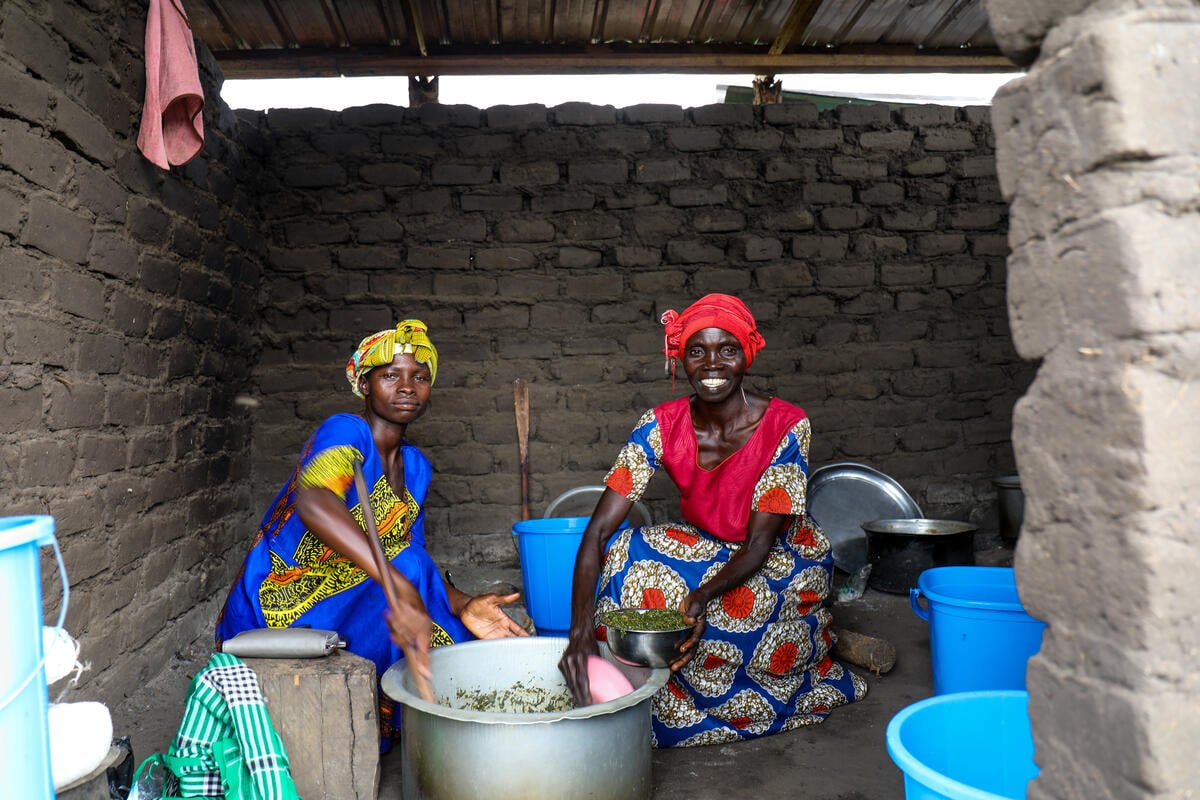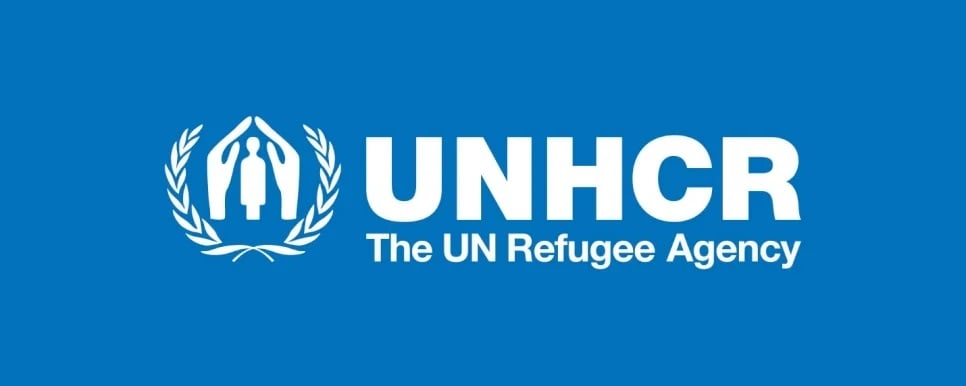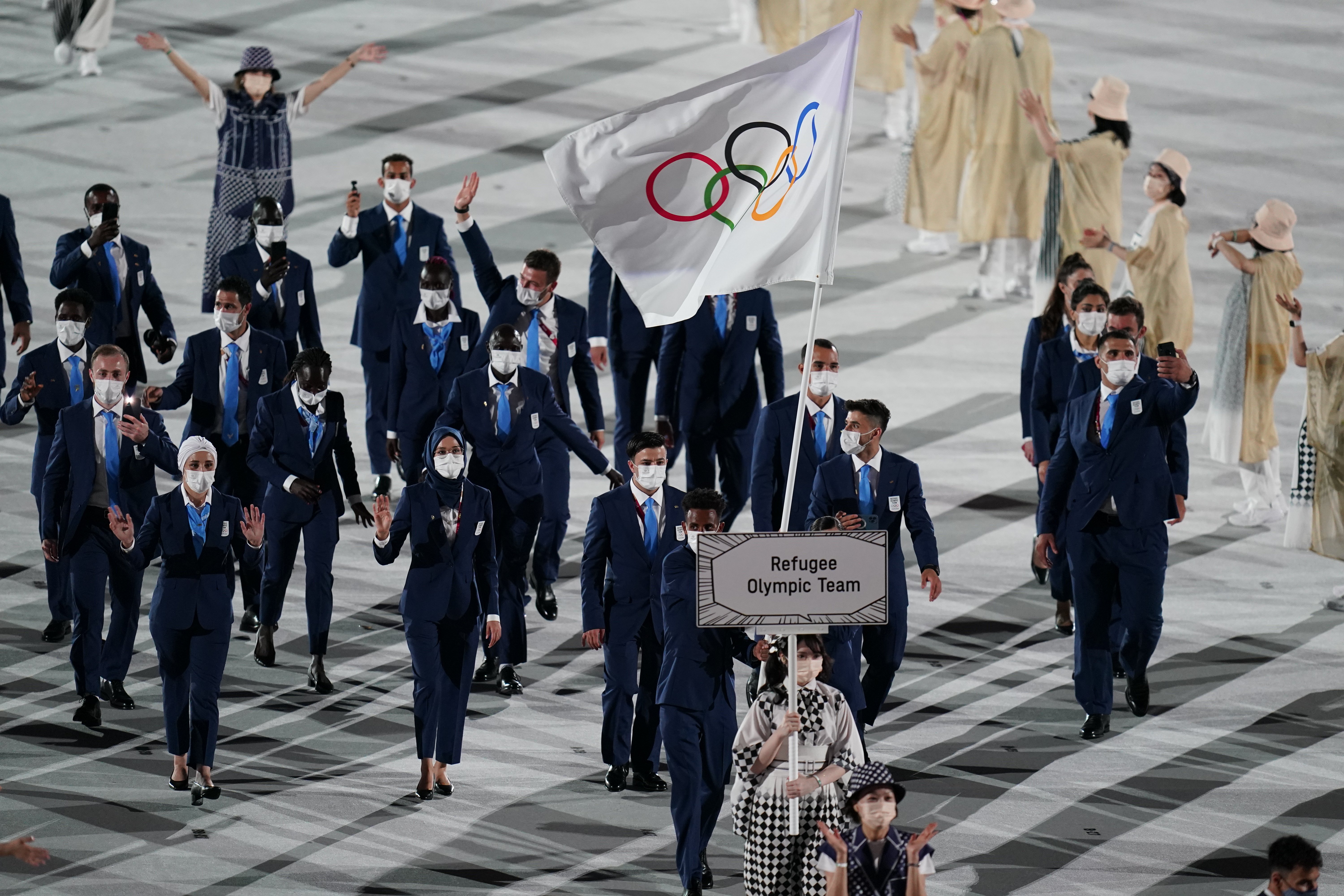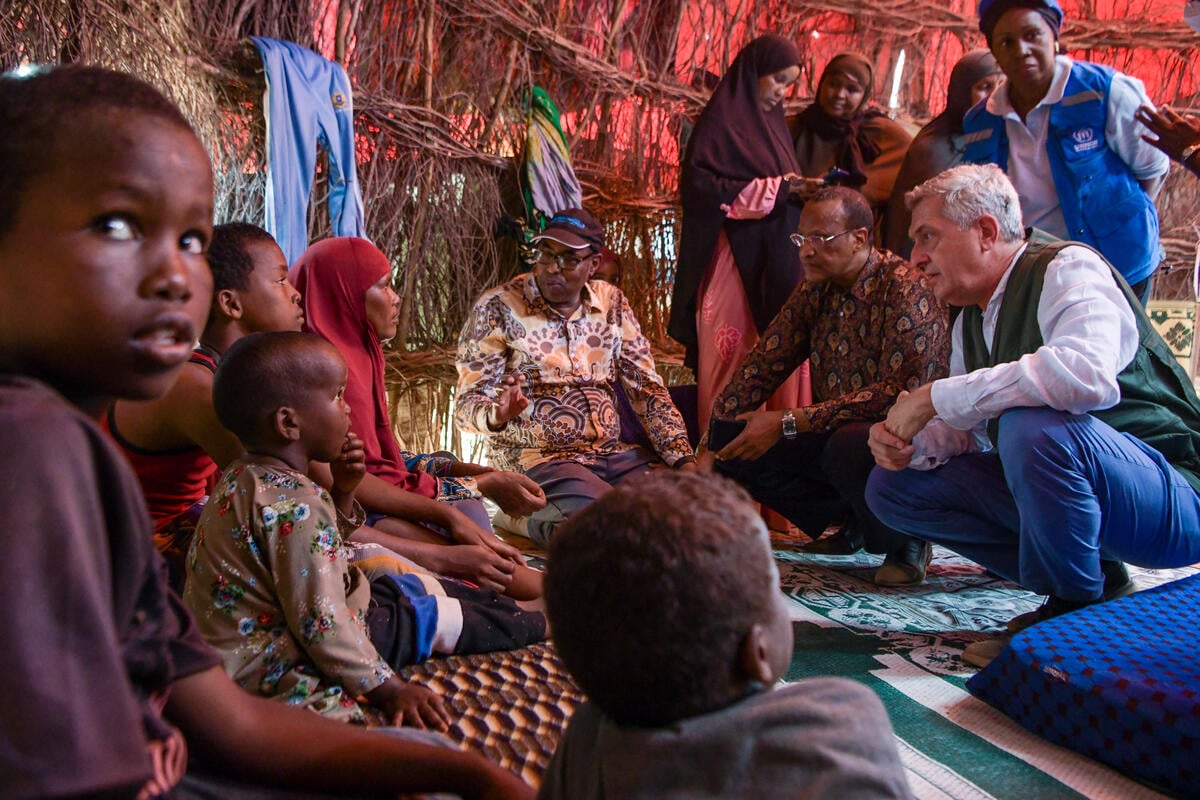More urgency needed in quest for South Sudan peace – UN Refugee Chief
More urgency needed in quest for South Sudan peace – UN Refugee Chief

AL-NAMIR, East Darfur, Sudan – As worsening violence in South Sudan drives ever more men, women and children to run for their lives, the UN Refugee Chief is calling on warring parties, regional states and the international community to look for urgent ways to find peace.
UN High Commissioner for Refugees Filippo Grandi made the call during a visit to Al-Nimir refugee camp in East Darfur, Sudan, where he met South Sudanese refugees and their local hosts.
“My coming here has one reason – just as I did in Uganda, Ethiopia and from Juba itself, to appeal to the leadership of South Sudan, to the opposition of South Sudan, to the States in the region and to the international community at large, to inject some sense of urgency in the quest of peace in South Sudan itself,” Grandi said during the visit this week.
His call comes as conflict and drought have displaced nearly four million South Sudanese both inside the country and beyond its borders since violence erupted there in 2013. Efforts to restore peace have so far proven unsuccessful.
“The victims of this failure, so far, are the civilians. The civilians that we see around here."
“The victims of this failure, so far, are the civilians. The civilians that we see around here. People that have left everything behind. Often women and children, without their men, to embark on an uncertain life because they are too afraid to stay back home in their villages which are affected by war,” Grandi said.
During his visit to Sudan, the UN Refugee Chief also highlighted the country's key role in hosting hundreds of thousands of South Sudanese refugees. Al-Nimir camp hosts more than 5,000 refugees – over 90 per cent of them women and children.
“I want to say to the world that Sudan is keeping its doors open at a time when so many countries are closing doors,” Grandi said,
The High Commissioner also appealed for more help for Sudan. “Often, we forget that Sudan continues to be a very key host country not just for South Sudanese but for Eritreans, Syrians and many other refugees,” he said.
Grandi praised the model of cooperation and coexistence between refugees and the local communities in Sudan.
“Throughout the world, we are experimenting with new ways to promote livelihoods, to promote new sources of energy and other forms of sustainable development for refugees and for the communities hosting them. I think that Sudan qualifies very much for this model of development.”
During his visit to the camp, Grandi met Sadia Mohammed Wali, a 42 year-old refugee mother. Sadia fled South Sudan with her seven children when fighting erupted in her home town back in June this year.
"We came with our children and we had nothing to feed them."
“We were very scared,” she said giving details of her month-long trip to reach safety in Sudan. “The journey was so difficult for us, because we came with our children and we had nothing to feed them. We were moving in huge groups,” she said. “Those who carried some small foods would share and we gave them to the children.”
She expressed her desire for her children to get a good education and get some help herself to support her small business, selling roasted peanuts, dumplings and sweets.
Sudan hosts some 416,000 refugees from South Sudan since 2013 – including some 170,000 new arrivals so far this year.
South Sudan became the world’s youngest country when it gained independence from Sudan in 2011..
Hundreds of thousands of other refugees – who stayed in Sudan following the partition are also in need of humanitarian assistance.
On Wednesday, the UN Refugee Chief concluded his visit by meeting with Sudan’s leaders and authorities in Khartoum.










